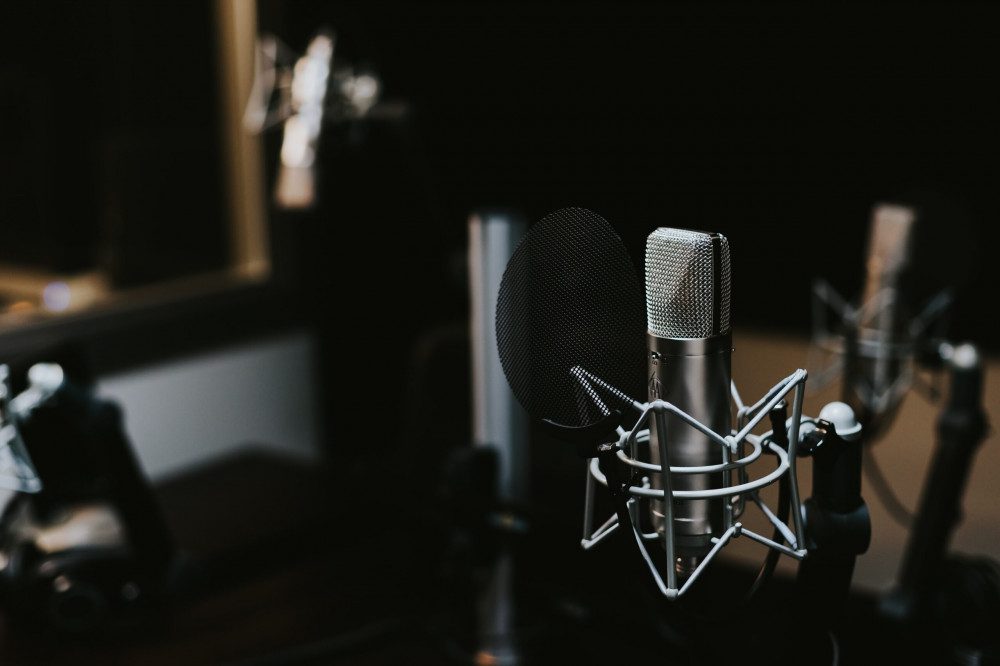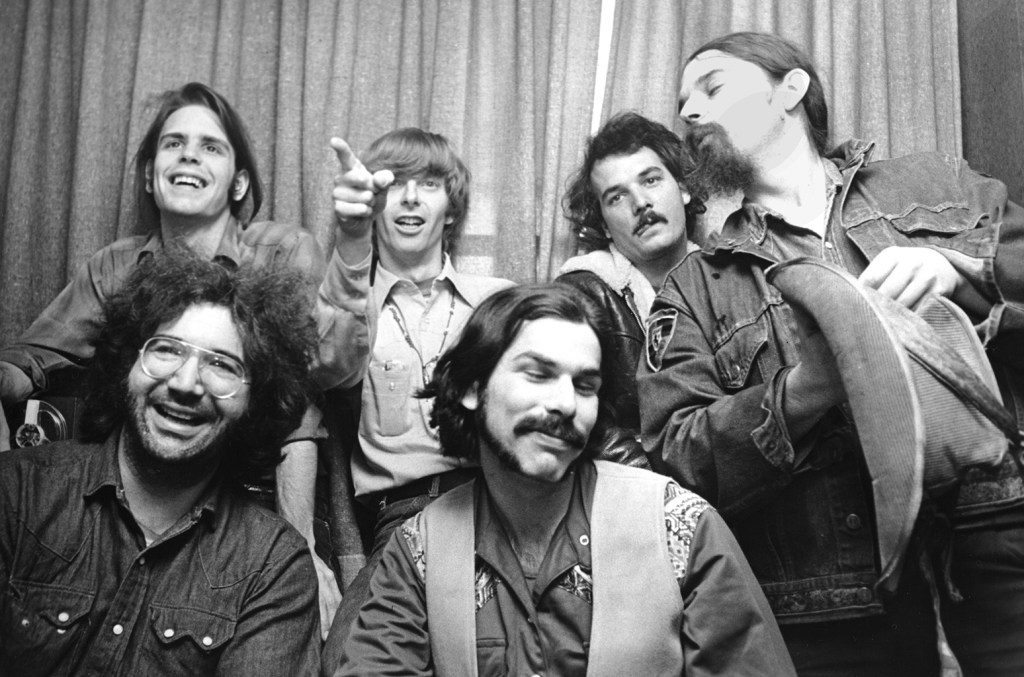How to Become a Music Journalist
 Posted On
Posted On
Do you love listening to music and writing about it? If so, you may want to consider becoming a music journalist. Music journalists are responsible for writing about music and interviewing musicians. They can work for magazines, newspapers, or online publications. If you’re interested in becoming a music journalist, this is the blog post for you! In this post, we will discuss what skills you need to become a successful music journalist and how to get started in the industry.
What is a Music Journalist?
A music journalist is a journalist who writes about music. Music journalists may work for magazines, newspapers, or online publications. They may also be freelance writers. Music journalists typically have a background in music and write about various musical genres. In addition to writing articles, music journalists may also conduct interviews with musicians.
> Browse Editorial & Broadcasting Jobs <
What Does a Music Journalist Do?
Music journalists typically write about music and interview musicians. They may also work for magazines, newspapers, or online publications. Music journalists typically have a background in music and write about various musical genres. In addition to writing articles, music journalists may also conduct interviews with musicians.
To become a successful music journalist, there are several skills you will need to develop. These skills include:
– Writing: You will need to be able to write clearly and concisely. Music journalism is typically very fast-paced, so you will need to be able to write quickly and efficiently.
– Research: In order to write well-informed articles, you will need to do your research. This involves both reading about the artist you’re covering as well as listening to their music.
– Interviewing: A large part of being a music journalist is conducting interviews. You will need to be able to ask questions that elicit interesting responses.
– Networking: In order to get your foot in the door, you will need to network with people in the industry. This can be done by attending concerts, meeting musicians, and working your way up from smaller publications to larger ones.
If you’re interested in becoming a music journalist, the first step is to develop your writing skills. Once you have honed your writing skills, you can begin researching artists and conducting interviews. If you’re serious about becoming a music journalist, it’s also important to start networking with people in the industry.
What Skills Do You Need to Become a Music Journalist?
To become a successful music journalist, you will need to have strong writing skills and be knowledgeable about the music industry. You should also be able to effectively communicate with people and interview subjects. Additionally, it is important to be able to meet deadlines and juggle multiple projects at once. Being organized and detail-oriented are also key qualities of successful music journalists.
How Hard Is It To Be a Music Journalist?
Being a music journalist can be both challenging and rewarding. On the one hand, it can be difficult to break into the industry. Music journalism is very competitive, and it can be hard to get your foot in the door. Additionally, music journalists often have to work long hours and meet tight deadlines. On the other hand, being a music journalist allows you to combine your love of music with your writing skills. It can also be a great way to meet new people and learn about different types of music.
If you’re interested in becoming a music journalist, the first step is to develop your writing skills. Once you have honed your writing skills, you can begin researching artists and conducting interviews. If you’re serious about becoming a music journalist, it’s also important to start networking with people in the industry.
What Are the Education Requirements to Become a Music Journalist?
There are no formal education requirements to become a music journalist. However, most music journalists have at least a bachelor’s degree. Many music journalists also have a background in music. This can be helpful when it comes to writing about different musical genres. In addition to a bachelor’s degree, some employers may also require that music journalists have experience working in the industry. This can be gained through internships or working for smaller publications before moving on to larger ones.
If you’re interested in becoming a music journalist, the first step is to develop your writing skills. Once you have honed your writing skills, you can begin researching artists and conducting interviews. If you’re serious about becoming a music journalist, it’s also important to start networking with people in the industry.
How to Get Started in the Music Journalism Industry
If you’re interested in becoming a music journalist, the best way to get started is by interning at a music publication. This will give you the opportunity to learn about the industry and gain some experience writing about music. Once you have an internship under your belt, you can start applying for jobs at magazines, newspapers, or online publications. If you’re interested in working as a freelance writer, you can start by pitching your articles to various publications.
Becoming a music journalist is a great way to combine your love of music with your writing skills. If you have a passion for music and want to write about it for a living, consider becoming a music journalist!
Music Journalist Salary and Job Outlook
The salary of a music journalist can vary depending on their experience, education, and the publication they work for. Entry-level music journalists can expect to make around $30,000 per year. Experienced music journalists can make upwards of $50,000 per year.
If you’re interested in becoming a music journalist, the first step is to develop your writing skills. Once you have honed your writing skills, you can begin researching artists and conducting interviews. If you’re serious about becoming a music journalist, it’s also important to start networking with people in the industry.
This Article Was Originally Posted on Music Industry Jobs.
